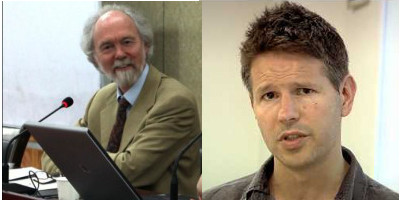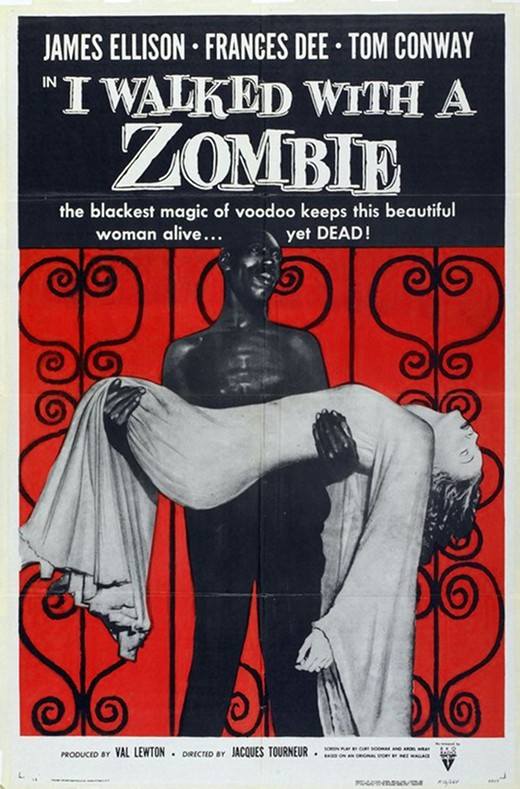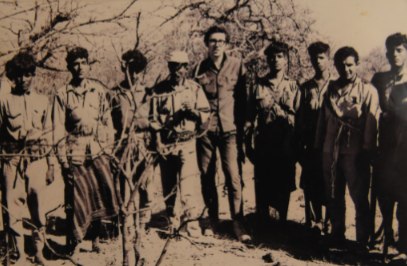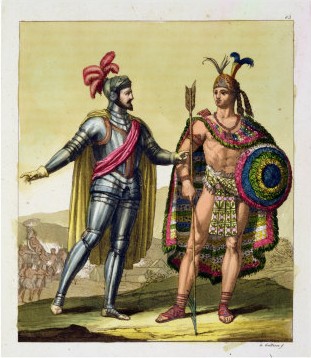This is the fourth post in our forum on Buzan and Lawson’s The Global Transformation, from our own Jamie. The opening post, responses from Julian Go and Jeppe Mulich, and the authors’ rejoinder are all live.
Imagine that you are a collier in one of the mining districts of central Scotland in 1799. You spend your days hewing minerals from the earth, as your predecessor of one century before almost certainly did. You eat a similar, limited, diet and probably return from darkened pit to tallow-lit cottage on the same route and to the same few possessions as that of one hundred years previously. Perhaps most important, as vast proportions -possibly a majority – of the rest of humanity had been and remained at the time of your birth, you are not a legally or politically autonomous individual. You are a serf of sorts: your labour if not your entire body bound to the will of another. Should you attempt to flee this master, and were not returned to him within a year and a day, any person found to be harbouring you would be liable to pay one hundred pounds compensation for your person .
Compare now the grandson or great-grandson (for by this point, and unlike the case of 1799, daughters would not be working down the pit) of this collier in 1899. It is quite possible you or your forbears would have emigrated, as one-sixth of your European contemporaries did, to lands such as Canada and Australia cleansed of their aboriginal inhabitants to enable you to flourish. Where once you were the property of a mine-lord, you are now the citizen-subject of the world’s most powerful Empress: a ‘psychological wage’ available to you should you choose to take it. Your work remains back-breaking, but aided by machinery. Most of all, you are paid for it. This wage relationship creates not just a free individual but a potentially conscious collectivity. That collectivity, in which you may recognise yourself not just as miner, Briton or Scot but as a member of something called ‘the working class’, has its own flags, buildings, trade unions and – an entity unknown to your forbear of 1799 – political parties.
Has there ever been a century in which so much changed for so many? The wager of Barry Buzan and George Lawson in their magisterial book The Global Transformation is that – with the possible hazy exception of the early holocene transition to settled agriculture – there has not. In doing so, they are revising revisionism, with great consequences not just for historical sociology but for the discipline of IR.
The view of the ‘long nineteenth century’ from the French Revolution to the Russian as a ‘great divide’ in human history has fallen into disfavour, smacking as it can of the triumphal sense of European, male, bourgeois self that characterised the century in question. The institutions and social practices heralded as novel can usually be traced back to other times and places, and the picture of shocking change within a lifetime transformed into something less immediately perceptible. To the extent that there is a popular historical consciousness, in the UK at any rate, it thrives on finding the familiar in history: the ways in which the Edwardians, or Victorians, or Tudors or Plantanagets were ‘like us’. Buzan and Lawson’s reminder of the recent nature, and the strangeness, of the past is a lapidary one.





